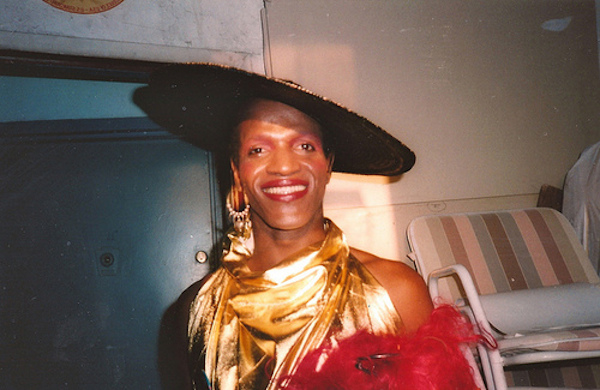We all love to blame the bigotry of old people on their age
and upbringing, saying “they’re from a different time,” as if that makes it
okay. What it should mean is that we can feel the fuck free to ignore it
because it no longer applies.
Recently, at home, my brother and I were trying to explain
to my parents that we don’t really care what’s in our friends’ underwear, and
my dad couldn’t grasp that a person can use different pronouns to refer to
themselves than they have been using without having had an operation or hormone
replacement therapy. “What, so, so when do you call her a him?” he asked. We
looked at each other, rolled our eyes, looked at him and said “When he asks you
to call him that.” He sputtered a little and my mom interrupted him with “Honey,
I think this is one area where our kids know a HELL of a lot more than we do.
Shut up.”
That gives me hope. I don’t know close to anything about
being transgender, but I have listened carefully and tried to adjust my
thinking and behavior. My parents don’t have a lot of experience talking to
transgender men or women. My grandmother has none. But they have, for the
moment, accepted that they need to shut up about it.
I know that not everyone is so lucky. I know people whose
parents have cast them out, who haven’t come out for fear of being cast out, or
whose parents don’t even acknowledge their gender identity or sexual
orientation. I recently heard from my best friend’s mother, “Well how can she
come out as queer if she hasn’t dated any girls? What does queer even mean?
It’s so vague,” but she saw the looks on our faces and followed up with, “If
that’s how she wants to identify, that’s up to her, though.” I have a little
bit of hope that our parents and grandparents will learn to shut up and listen
to those of us who have been silenced. I have more hope that our generation
will learn to live unapologetically, since the opinions of people from another
time are irrelevant in the present. The biggest hope, to me, is that there is a
present that is different from the past, and that we are learning, so one day
our children will be explaining to us things we can shut up about.


